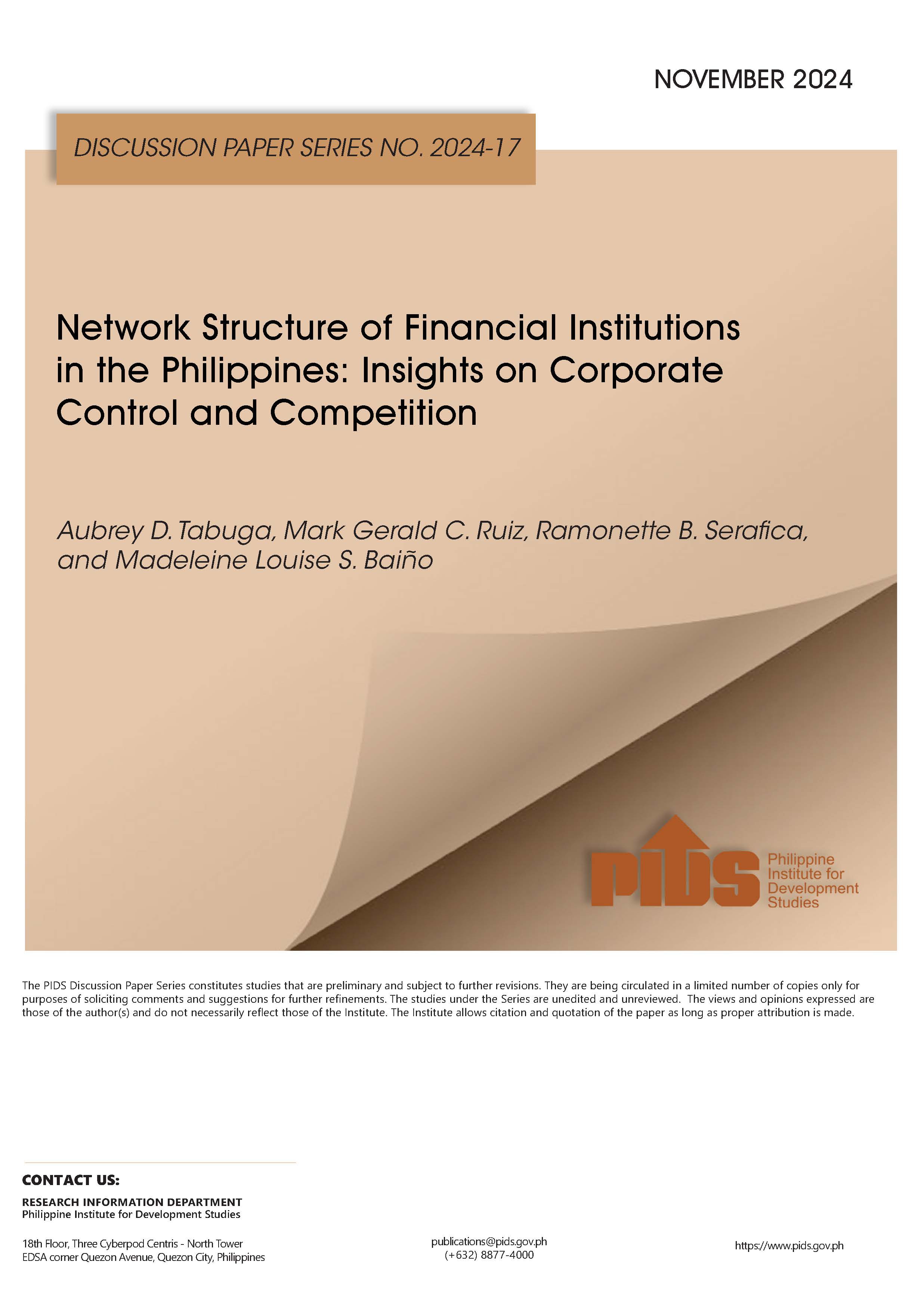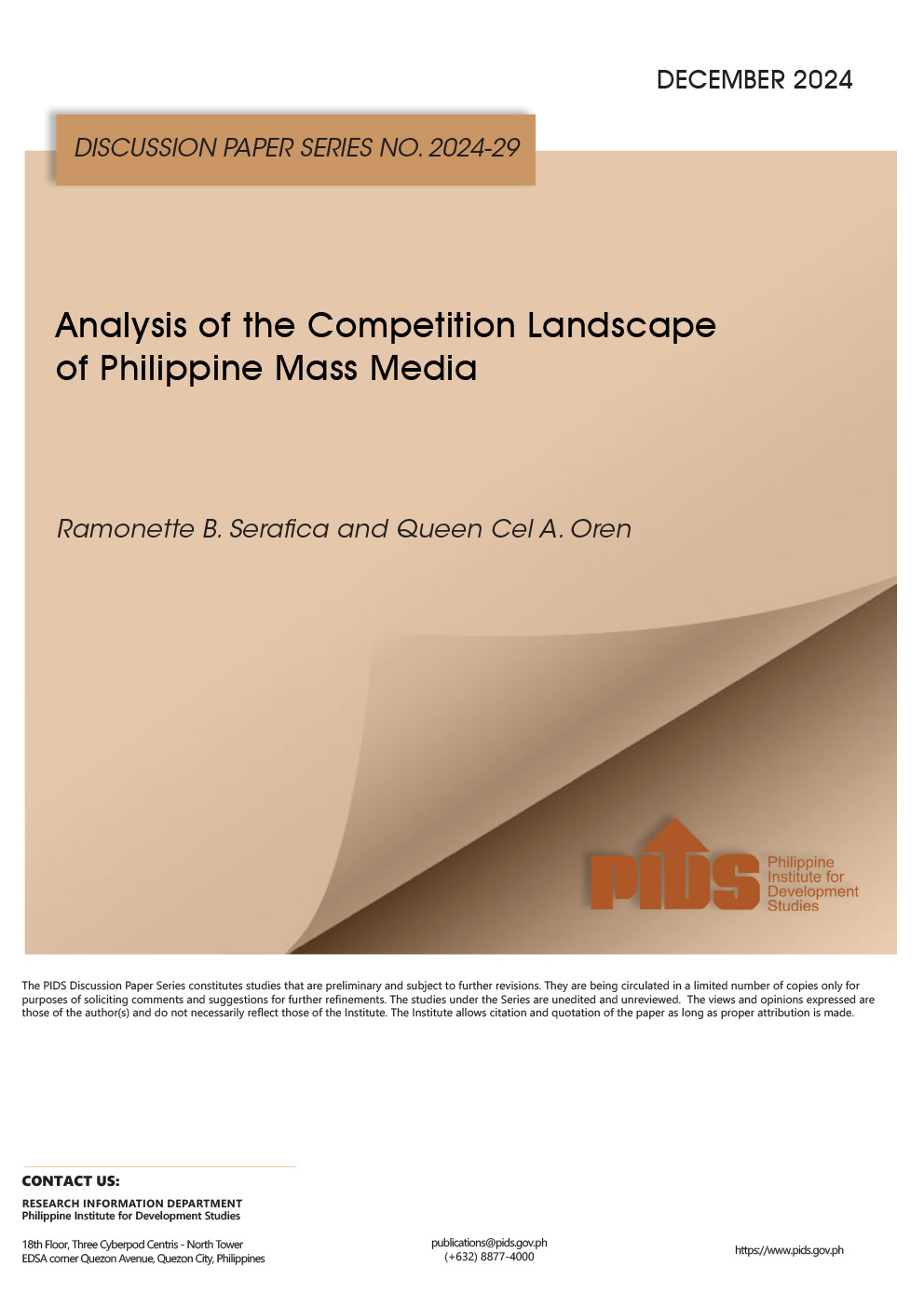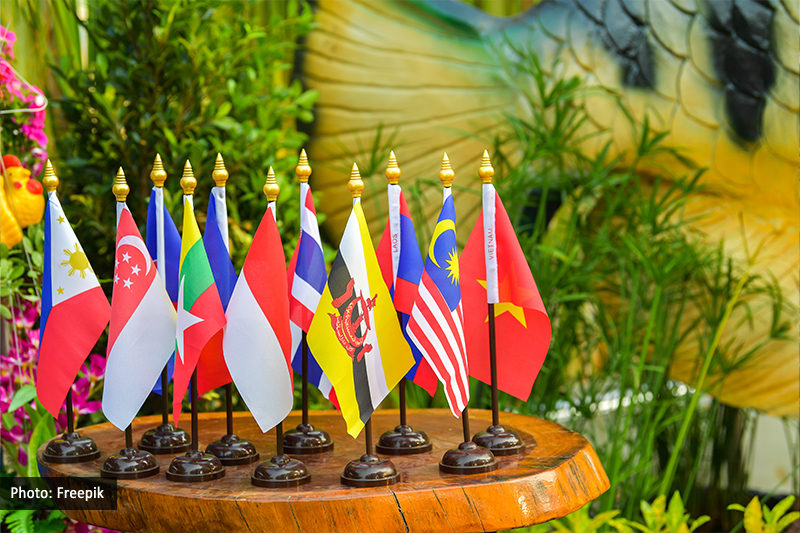Competition policy is integral to the process of liberalization of international trade regime and deregulation in domestic markets. This paper shows that even if trade barriers are removed, there are other factors that can impede the pro-competitive effects of trade liberalization. These include the presence of non-tradable, absence of effective competition due to the ability of domestic firms to increase prices and still prevent imports from entering the market, and presence of cartels that may divide the markets through price-fixing or geographic market sharing agreements. The case study on cement provides some evidence that despite trade liberalization and deregulation, the highly concentrated nature of the industry enables coordination between firms and allows them to exercise market power. This prevents effective competition from taking place in the industry. These barriers inhibit domestic and international prices from converging, thus muting the gains from trade liberalization. While liberalization may be a precondition for the growth of a free market, it does not, by itself, guarantee effective competition. In the absence of competition laws, there is a risk that liberalization may not be sufficient to foster effective competition and would also be difficult to control possible abuses of dominant positions by large-scale firms including multinationals. If effective competition has to emerge, trade reforms have to be accompanied by the creation of competitive market and industry structures.












